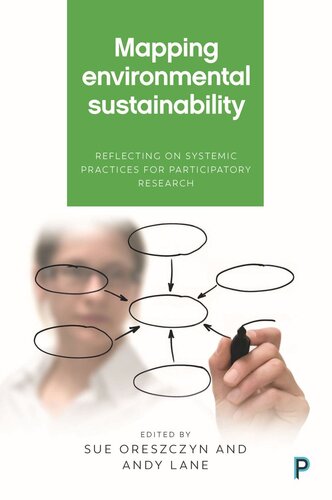

Most ebook files are in PDF format, so you can easily read them using various software such as Foxit Reader or directly on the Google Chrome browser.
Some ebook files are released by publishers in other formats such as .awz, .mobi, .epub, .fb2, etc. You may need to install specific software to read these formats on mobile/PC, such as Calibre.
Please read the tutorial at this link: https://ebookbell.com/faq
We offer FREE conversion to the popular formats you request; however, this may take some time. Therefore, right after payment, please email us, and we will try to provide the service as quickly as possible.
For some exceptional file formats or broken links (if any), please refrain from opening any disputes. Instead, email us first, and we will try to assist within a maximum of 6 hours.
EbookBell Team

0.0
0 reviewsWhile there is growing interest in participatory research to address issues around environmental sustainability, the focus of analysis tends to be on the results or products of the research rather than the processes involved. Addressing this gap, the authors draw on their experience of specific mapping techniques, based on different systemic concepts and theories, that have helped facilitate, explore and capture different understandings of the relationships, perspectives and boundaries within situations involving environmental sustainability. The development of visual mapping techniques is explained and practical case studies describe their application in environmental sustainability projects, from working with farmers and their networks to using visual mapping with indigenous communities and managing coastal environments. Each case study provides a ‘real world’ project example from researchers with extensive experience of using these techniques to research different aspects of environmental sustainability over several decades.